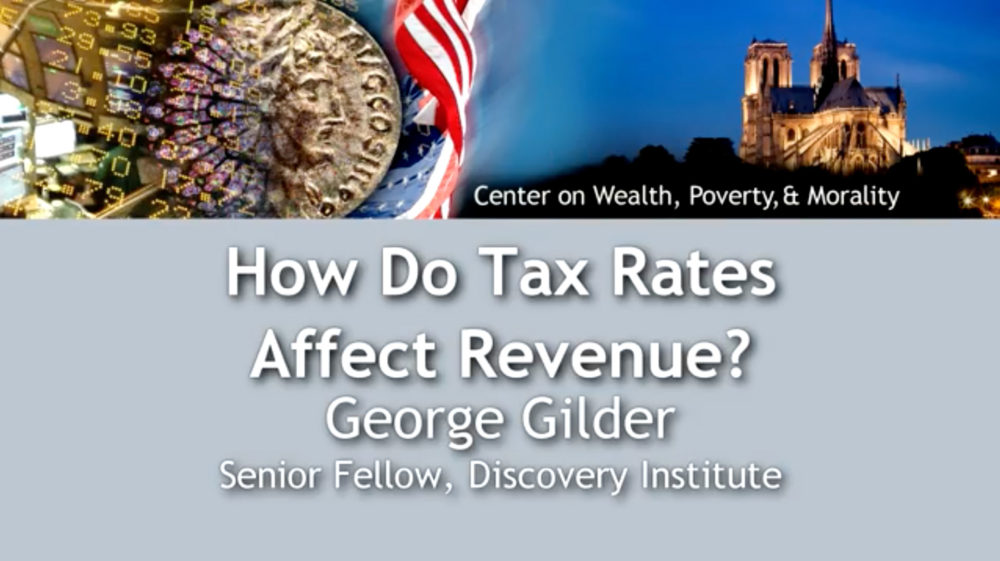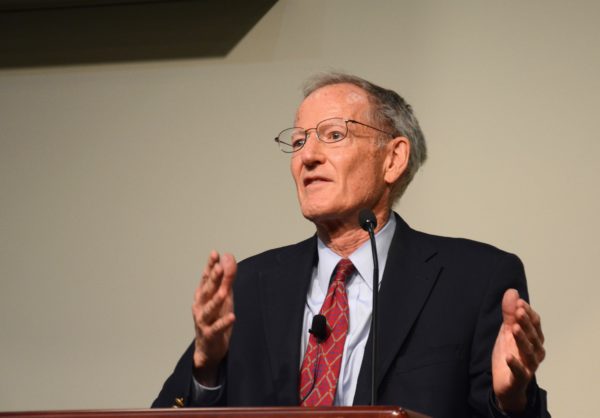
Archives


Surprise and Creativity
Notes toward a new economics
The Scandal of Computer Security

Kentucky Telecom Law Needs Update

Romney, Bain, and Me

George Gilder: The Real Reagan Lesson for Romney-Ryan
Follow Peter Drucker's advice: Don't solve problems, pursue opportunities. Like unlocking America's entrepreneurial value.Wealth and Poverty: A New Edition for the Twenty-First Century

Unleash the Mind

The Economic Case for Supporting Israel
America needs the Jewish state's technology and innovation as much as it needs us.
High Tech Will Rebuild Our Economy

The Economics of Settlement

The California Green Debauch
Wisconsin Telecom Policy Needs Update
Regulation hampers ability of telecom providers to create and maintain jobs and opportunity in Wisconsin
California’s Destructive Green Jobs Lobby

The Drive to Create
Unnecessary telecom regulations hurting Illinois
Illinois’ Incomplete Telecom Report Card
Remnant telecom regulation threatens jobs and opportunity in Illinois
Cap and Trade for the Internet

The Cut That Heals
